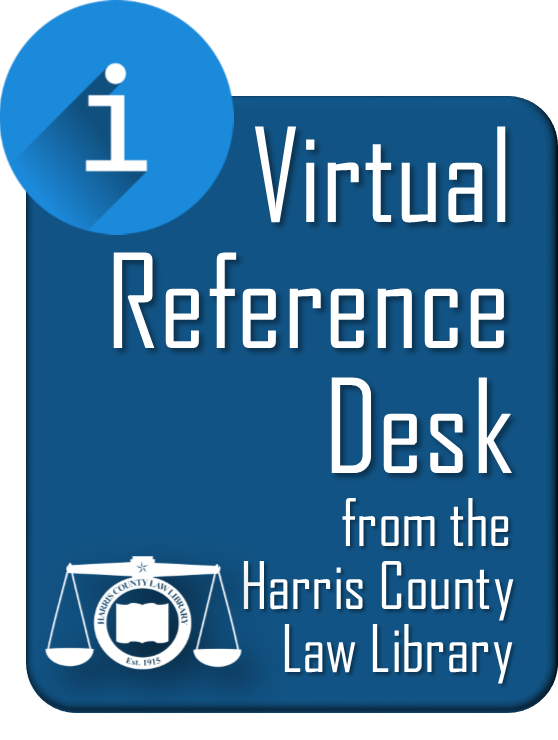During this uncertain and stressful time when we’re all feeling a bit socially isolated, it’s important to connect with others in whatever ways we can manage. The Wall Street Journal published an article last fall called The Surprising Boost You Get from Strangers. In it, the writer talks about connecting with a stranger on a long and turbulent flight. She goes on to say that, despite our reluctance to engage with people we don’t know, the benefits of doing so are immeasurable. Chatting with your barista at Starbucks or your Lyft driver on the way to the airport may not lead to a lifelong friendship, but the few minutes spent in idle conversation with an unknown person is proven to enrich one’s day and one’s well-being.
The WSJ article caught the attention of the Harris County Law Library staff for a simple reason – we interact with hundreds of strangers every week, or we used to, prior to the stay-at-home protocol. We’re doing our very best to continue providing the same quality of service to those in need of legal reference assistance. Our access to some resources is, of course, limited, but we are still able to accept and reply to email requests, using many of the same databases and online forms available at the Law Library. If you have a reference question or need documents that we can access remotely, we are happy to help. Refer to our Virtual Reference Desk for details about how to submit your questions, and we’ll reply promptly, Monday through Friday, 8:00 am-5:00 pm.
For the time being, we’re unable to provide face-to-face reference service and experience the mutual benefits of interpersonal engagement, but we are just as committed to serving the residents of Harris County. We take our commitment to serve very seriously and feel proud to be recognized as “second responders,” stepping up to meet the ongoing needs of our community: self-represented litigants, members of the Bar, local courts, and the general public.
If we’re unable to provide the information or resources you need, we may refer you to our community partners, the Houston Volunteer Lawyers, who are still providing legal assistance by telephone or the State Bar of Texas, which has compiled a list of resources for “for low-income individuals grappling with civil legal problems as a result of the coronavirus pandemic.” We may also suggest the Texas State Law Library, whose outstanding e-book collection and digital library are freely accessible to any Texas resident. Finally, we may suggest submitting your questions to TexasLegalAnswers.com, a service of the American Bar Association.
Until we all return to our regular workplaces and routines and can experience the power of loose connections once again, it’s important to continue practicing social distancing. Physical proximity may be limited, but reaching out by email, video conference, and phone is not only possible but recommended. The Internet is becoming a nice place to spend time as well. If it’s social connection you crave, try QuarantineChat, a phone service that connects random people all over the world (in the language of your preference) to exchange thoughts and feelings about life during a pandemic. Sharing experiences with a stranger may be just what we all need.













